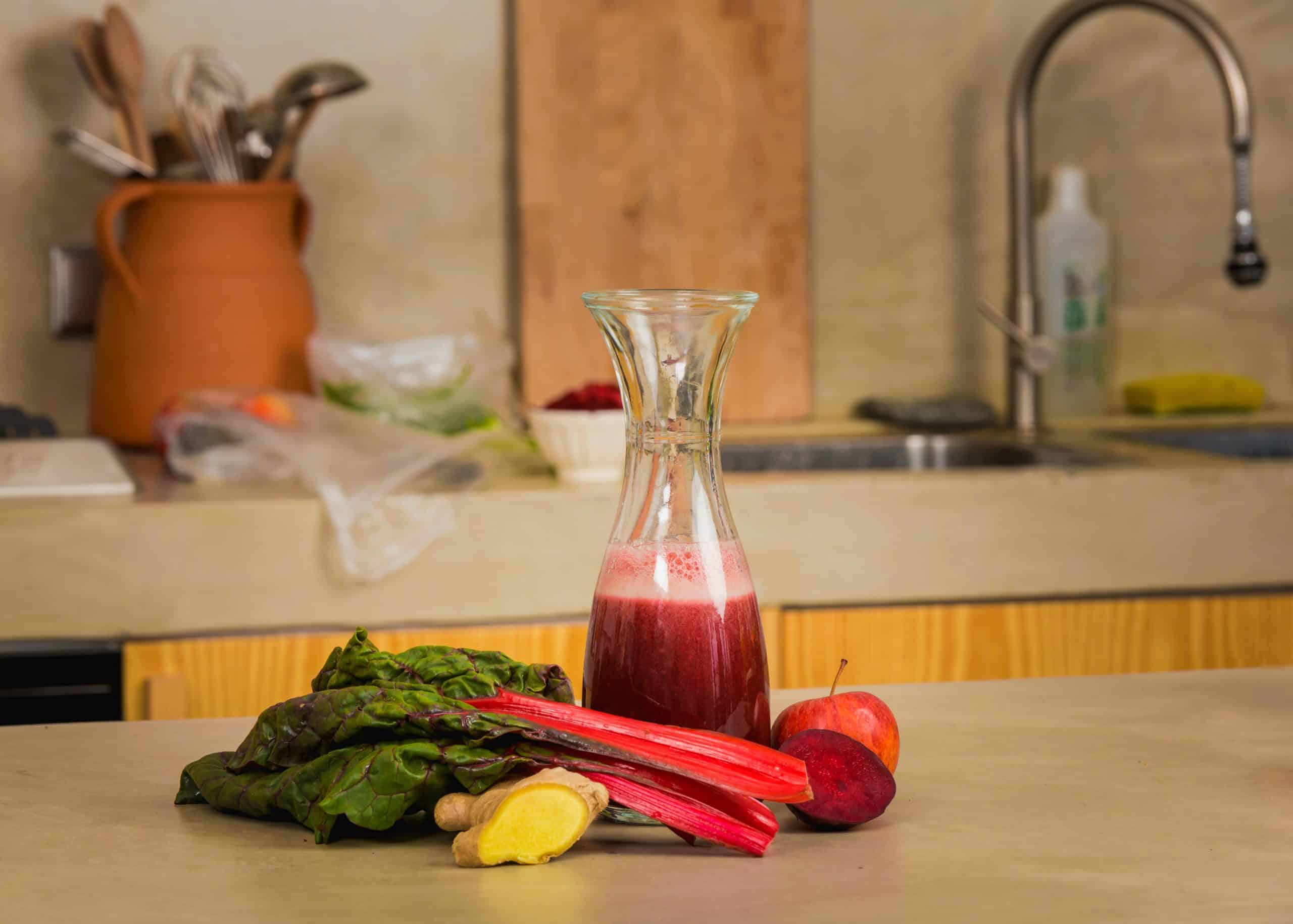How to Prepare a Balanced Diet for a Lactating Queen Cat?

Caring for a lactating queen cat is an intricate task, requiring a significant understanding of their unique nutritional requirements. Nurturing and nursing kittens, although a natural process, can take a toll on a mother cat’s health. Thus, it is crucial to provide an effective diet that will ensure the health of both mother and kittens. With the right guidance from experts and some inside knowledge, you can effortlessly feed your cat, ensuring she gets the necessary nutrients while nursing her kittens. This article will guide you on how to prepare a balanced diet for a lactating queen cat, discussing the importance of high-quality food, the role of milk in a cat’s diet, and the importance of considering the mother’s health during pregnancy and nursing.
Understanding a Cat’s Nutritional Needs
Just like us, cats need a multifaceted diet to stay fit. However, a lactating queen cat has distinct nutritional requirements. They require more than just typical cat food. They need nutrient-rich food that will supply them with enough energy and nutrients to produce milk and care for their kittens.
Have you seen this : What Are the Best Practices for Reducing the Spread of Bird Dust from African Grey Parrots?
A lactating cat’s diet should be high in protein, fat, and calories. According to WikiHow, these cats need two to three times more energy than non-pregnant cats. This is because producing milk and nursing kittens is a high-energy-consuming activity.
High-quality protein is essential for kitten’s growth and development, while fats provide additional calories for energy. Also, a lactating cat’s diet should be rich in calcium and phosphorus to ensure proper milk production.
In parallel : What’s the Best Way to Transport a Large Aquarium Fish When Moving?
Selecting High-Quality Cat Food
Selecting high-quality cat food is crucial when feeding a lactating queen cat. High-quality cat food is typically richer in protein and other essential nutrients. When shopping for cat food, be sure to read the labels carefully. Look for food that lists real meat, such as chicken, beef, or fish, as the first ingredient.
Also, consider purchasing cat food specifically designed for pregnancy and lactation. These foods will have the right balance of nutrients needed during this critical period. They will be high in calories, protein, and fats, addressing the nutritional needs of your cat.
Avoid feeding your cat a diet solely based on canned tuna or liver. Both can lead to vitamin deficiencies or excess, which could harm both the mother and kittens. A balanced diet is the key to ensuring your cat’s health and that of her kittens.
The Role of Milk in a Cat’s Diet
Milk plays an important role in a cat’s diet, especially during lactation. However, the type of milk given to cats is crucial. A common misconception is that all cats can drink cow’s milk. The reality is different. Many cats are lactose intolerant, and drinking cow’s milk can lead to digestive problems.
For lactating cats, special cat milk replacers are available. These milk replacers are high in calories and nutrients, and they lack the lactose found in cow’s milk. They can be a good supplement to a mother cat’s diet, providing extra nutrients and calories she needs for milk production.
However, milk should only make up a small portion of a lactating cat’s diet. The majority of her diet should be high-quality cat food, as this provides the wide range of nutrients needed for health and vitality.
Considering the Mother’s Health During Pregnancy and Nursing
Taking care of a lactating queen cat doesn’t start from the day she gives birth to kittens. It begins from the moment you learn she’s pregnant. Pregnancy is a demanding period for a cat’s body, and her dietary needs will change as she gets closer to giving birth.
A pregnant cat needs a balanced diet, rich in high-quality protein and fats, with enough calories to support her growing kittens. As she gets closer to delivering, her nutritional needs will increase. Once she starts lactating, her energy and nutrient needs will be even higher.
Continuous vet check-ups are necessary during this period. Regular visits to the vet will ensure the queen stays healthy during her entire pregnancy and lactation. It will also allow the vet to monitor the kittens’ development and guide you on proper feeding practices.
Hydration and Dietary Supplements
Alongside a balanced diet, cats need to stay hydrated, particularly when lactating. So, always ensure your cat has access to fresh, clean water. Hydration is crucial for efficient digestion and nutrient absorption.
Dietary supplements can be beneficial if your cat’s diet is not providing all the necessary nutrients. However, they should not replace a balanced diet. Always consult your vet before introducing any dietary supplements into your cat’s diet. The vet will recommend suitable supplements based on your cat’s individual needs, ensuring her health and wellbeing, and the healthy development of her kittens.
Preparing a balanced diet for a lactating queen is more than just feeding her extra food. It involves understanding their unique nutritional needs, selecting high-quality cat food, considering the role of milk, and taking care of the mother’s health during pregnancy and nursing. Also, remember the importance of hydration and consult your vet about the possible need for dietary supplements.
A Deeper Look into Choosing the Right Cat Food
Caring for a lactating queen cat involves making well-informed decisions about her diet. It’s not enough to simply stock up on any type of cat food; the selection must be beneficial to both the mother cat and her kittens. Selecting the right cat food is a fundamental aspect of preparing a balanced diet for your queen.
When choosing cat food, your focus should be on the protein content. The food you select should have real meat as the primary ingredient. This is because meat is a rich source of essential amino acids and high-quality protein. You can select from a variety of meats such as chicken, beef, and fish. Remember, protein is crucial for the kittens’ growth and the mother cat’s health.
Ensuring that the food is specifically formulated for pregnant and nursing cats is also important. These special formulations are often high in calories, fats, and protein, addressing the unique nutritional needs of your cat during this demanding period. Avoid relying solely on canned tuna or liver, as they can lead to vitamin deficiencies or excesses, potentially harming both the mother and kittens.
Dry food can be a good choice as it is high in calories, which are necessary for energy production. However, it is also crucial to supplement dry food with wet or canned food for variation and moisture content.
While choosing cat food, avoid falling for marketing ploys and pay attention to labels. Terms like ‘premium’ or ‘gourmet’ do not necessarily mean better quality. Always read the labels to determine the nutritional content of the food.
Keeping the Mother Cat Hydrated and Considering Dietary Supplements
Hydration is an often overlooked yet vital part of a lactating queen cat’s diet. Cats, particularly those nursing kittens, need to stay hydrated for optimal digestion and nutrient absorption. Therefore, always ensure your cat has access to fresh, clean water.
Aside from a balanced diet and hydration, you may consider dietary supplements. Sometimes, even with the best quality food, your cat may not get all the nutrients she needs. In such scenarios, dietary supplements can provide the necessary vitamins and minerals.
However, don’t rush to introduce supplements into your cat’s diet without consulting your vet. Your vet will recommend the appropriate supplements based on your cat’s individual needs, taking into account her health, age, and nutritional requirements.
Don’t forget, dietary supplements should not replace a balanced diet. They are an addition to the diet, not a substitute. A healthy, well-balanced diet remains the cornerstone for your cat’s overall health and wellbeing during pregnancy and lactation.
In Conclusion
Maintaining a balanced diet for a lactating queen cat involves more than just feeding her extra meals. It requires a comprehensive understanding of their unique nutritional needs, making informed choices in selecting high-quality cat food, and considering the role of milk in their diet. Taking care of the mother cat’s health during pregnancy and while nursing, ensuring she stays hydrated, and considering dietary supplements when necessary, are equally important.
Regular check-ups with the vet are essential during this demanding period. Not only will they ensure the queen cat stays healthy, but also allow for monitoring the kittens’ development.
Remember, a healthy mother cat translates to healthy kittens. Therefore, take the time to invest in understanding and implementing a well-rounded diet plan for your cat. By doing so, you contribute significantly to the wellbeing of your beloved queen and her adorable kittens.
